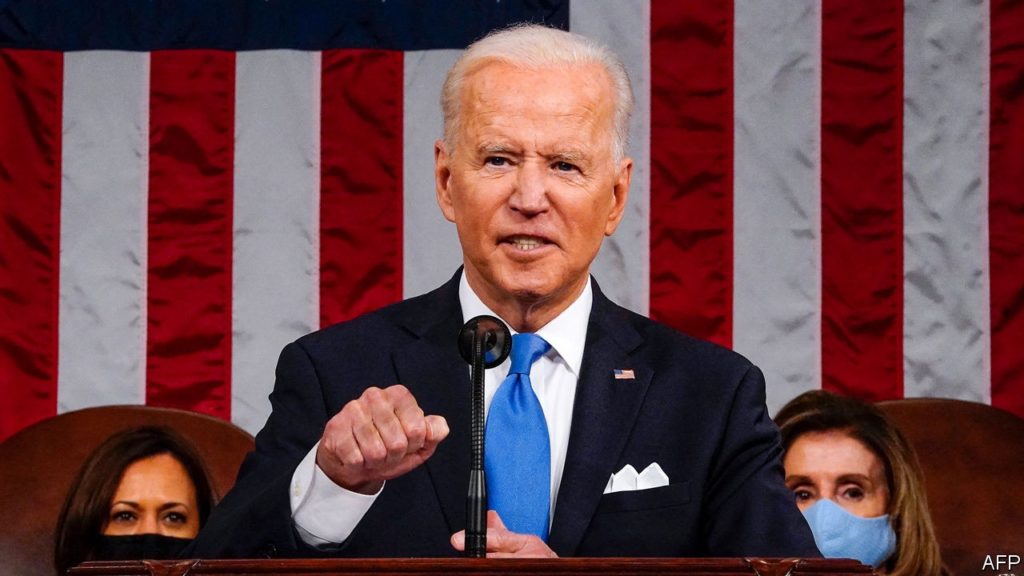|
Getting your Trinity Audio player ready...
|
Bill to Ban TikTok – On December 14th, 2022, the United States Senate passed legislation to ban the popular social media app, TikTok, from being used in the United States. The Senate passed legislation Wednesday evening to prohibit TikTok from being used on US government devices, in an effort to curb alleged information-security threats associated with the social media app.
The No TikTok on Government Devices Act, introduced by Missouri Republican Sen. Josh Hawley, was adopted by unanimous consent. This move follows concerns raised by government officials over the app’s potential security risks and ties to the Chinese government.
TikTok, which was launched in 2016, has quickly become one of the most popular social media apps in the world, with over 100 million active users in the United States alone. The app allows users to create and share short videos, often set to music or other audio clips and has become particularly popular among younger users.
However, the app has also faced intense scrutiny over its ties to the Chinese government. TikTok is owned by Beijing-based technology company ByteDance, and there are concerns that the Chinese government could potentially use the app to collect data on American users. In addition, there are concerns that TikTok could be used to spread disinformation or manipulate public opinion.
In response to these concerns, the Senate passed legislation that would effectively ban TikTok from being used in the United States. The legislation still needs to be passed by the House of Representatives and signed into law by the President before it can take effect.
If the legislation is signed into law, it would mark a major blow to TikTok and its parent company, ByteDance. It would also likely lead to significant backlash from TikTok users and the broader tech industry.
The decision to ban TikTok has also sparked a larger debate about the role of social media apps and their potential impact on national security. Many argue that the government should be taking a more aggressive approach to regulate these platforms, particularly in light of the ongoing threat of foreign interference in American elections.
Critics of the legislation argue that banning TikTok would not only be detrimental to the millions of users who rely on the app, but it could also have broader economic consequences. TikTok has become a major source of revenue for many content creators and influencers, and a ban could lead to significant job losses in the tech industry.
In addition, some have pointed out that a ban on TikTok could open the door for other countries, such as Russia or Iran, to develop their own social media apps that could potentially pose even greater security risks to the United States.
Overall, the decision to ban TikTok from the United States has sparked a heated debate about the role of social media in national security and the potential consequences of such a move. While the legislation still needs to be passed by the House of Representatives and signed into law, its passage by the Senate has sent a strong message about the government’s concerns over the app and its ties to the Chinese government.
